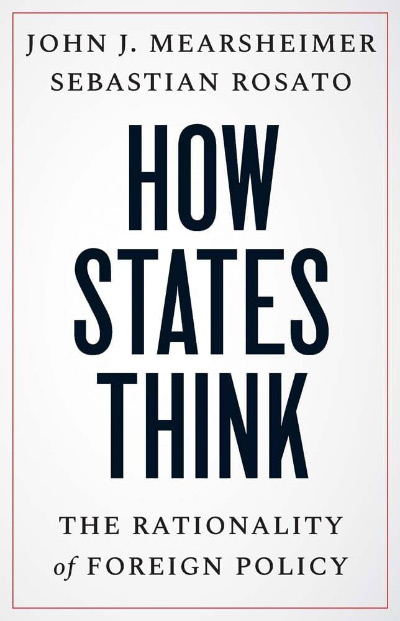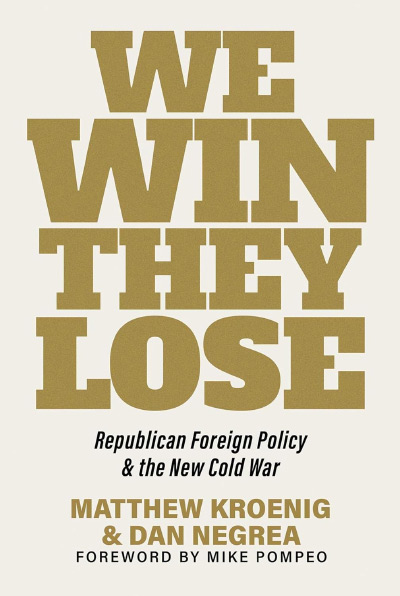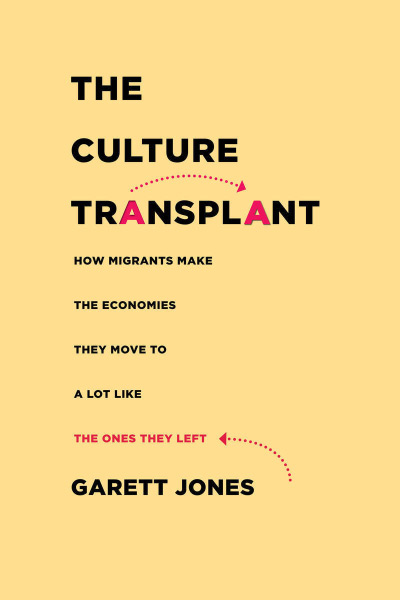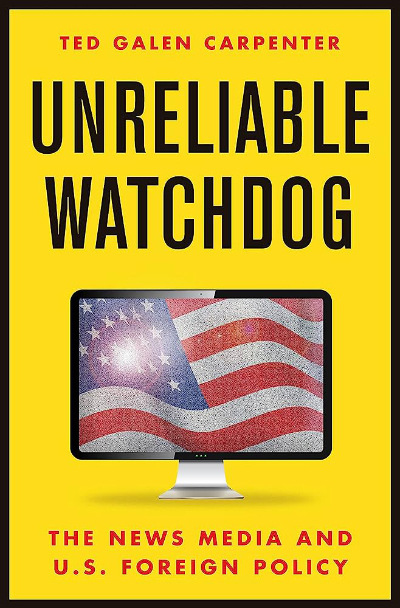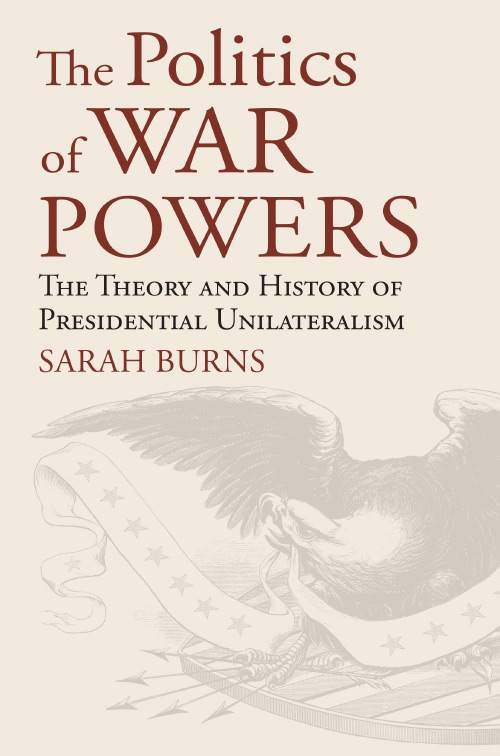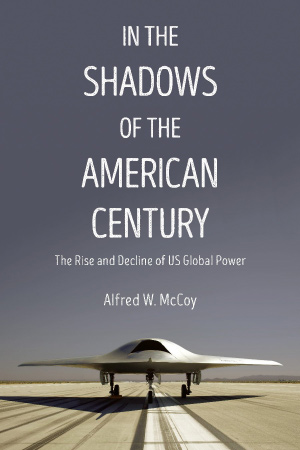There is little doubt that John Mearsheimer is one of the most prominent, and controversial, thinkers in the field of international relations alive today. His most important work, The Tragedy of Great Power Politics (2014, New York: Norton), continues to be the de facto handbook to the theory of offensive realism and this theoretical lens has played a very prominent role in the debate over the underlying causes of the ongoing war between Russia and Ukraine. Coauthor Sebastien Rosato, a professor of political science at the University of Notre Dame, is, like Mearsheimer, a thinker from the broadly realist school of international relations.
However, How States Think: The Rationality of Foreign Policy is not rooted in realism. Rather, Mearsheimer and Rosato are seeking to defend the epistemological basis upon which the entire field of international relations is founded; to defend the position that states (or specifically the individual policymakers) in international politics generally act rationally most of the time. While this may not seem to be a controversial proposition at first glance, it is often called into question or openly denied. The authors cite many examples of this argument when it comes to the behavior of Russia and Vladimer Putin in particular, and a similar argument has often been made regarding the leadership of Iran and their supposed desire to usher in an eschatological apocalypse.
Mearsheimer and Rosato are quite frank about the untenable implications of this claim: “If nonrationality is the norm, state behavior can neither be understood nor predicted, and studying international politics is a futile endeavor” (p. xiv).
This, of course, leads to the important question of what is rational behavior? For the authors, rationality is a process of “making sense of the world for the purpose of navigating it in the pursuit of desired goals” (p. 20). The world is interpreted via a theory about how reality works, of which there can be conflicting ideas. The authors divide theories into credible and non-credible theories, of which there is much to address later. Ultimately, a state is rational if decision makers engage in a “deliberative process” to choose between differing theories of action and if the final decision is then rooted in a credible theory. If the state’s decision makers fail to do one or both of these, then it is considered to be nonrational. They are also quick to note that a state’s course of action need not be successful in order to be considered rational, and, indeed, many actions that fit their definition end up in sometimes disastrous failure.
After a brief detour to criticize alternative definitions of rationality rooted in political psychology and rational-choice theory, the authors turn to the historical record with their definition in mind to determine to what extent their thesis that states are rational most of the time is correct. To do this they draw upon ten historical case studies, five of which are grand strategic decisions and five of which are decisions made in response to a crisis. They argue that these cases are usually presented as examples of state non-rationality, so that by demonstrating that states did, in fact, act rationally in these “hard cases” they can persuasively argue that their claim is well founded.
The cases themselves are quite interesting, and range in time from the late- nineteenth to early- twenty-first century. Recall, however, that the authors do not maintain that states act rationally all of the time, but rather most of the time, and to that end they include a chapter examining four historical case studies, two regarding grand strategy and two regarding crisis situations, where they conclude that neither an open deliberative decision-making process, nor credible theories were utilized.
While all of these case studies are very interesting, and the authors do a good job of demonstrating that states throughout modern history generally put thought into their actions, their framework is ultimately unsatisfactory.
To begin with, the entire edifice rests upon the unsturdy concept of “credible theories” about how reality works. The authors state that whether a theory is credible or not rests upon that theory’s “suppositional, logical, or empirical grounds (or all three)” (p. 8). Yet, ultimately, who is to say whether or not a theory’s logic is flawed if this is not determined objectively via outcomes of the theory? Much of the debate that takes place during the deliberative process of choosing a course of action is no doubt concerned with whether or not one theory of action is credible or not.
The authors take an inventory of theories they consider to be credible and non-credible. Unsurprisingly, both offensive and defensive realism make the “credible” cut, though, somewhat surprisingly, so do liberal internationalism and social constructivism. Liberalism’s inclusion is somewhat surprising, given that Mearsheimer trashed it in his recent book The Great Delusion: Liberal Dreams and International Realities (2018, New Haven, Conn.: Yale University Press). Is a supposedly delusional theory really credible?
Obviously, those who advocate for theories that the authors label as uncredible would sharply contest this label, as would numerous liberals in regard to realism as being credible and vice versa.
The authors state that ultimately a theory's credibility is historically contingent, citing the example of domino theory as being credible in the 1950s and ’60s but becoming clearly uncredible later on. But, numerous theories that in hindsight seem to be absurd enjoy great support historically. Phrenology once had widespread support among “respectable people” as did eugenics, yet the authors label “racial theories,” which they acknowledge were popular and well received among academic, international-relations scholars as being non-credible from the get-go. The liberal idea that history had “ended” with the collapse of the Soviet Union also enjoyed great support, and, though it seems to be discredited more and more by the week, as soon as it was proposed there were numerous theories regarding the nature of man dating back hundreds or even thousands of years that argued it was nonsense.
Ultimately, whether a theory is credible or not is a personal judgment call that will likely never enjoy widespread consensus.
Beyond this issue, there is the similar issue of the definition of rationality itself. As the authors address in a full chapter, there are alternative definitions of rationality that they reject. Whatever it is, it is generally considered bad to be “nonrational,” but what exactly that means to one person or another varies widely.
There is yet another alternative definition of rationality that Mearsheimer and Rosato do not address; that “Action is, by definition, always rational.” As readers might have guessed, this definition of rationality comes from Ludwig von Mises’ book Epistemological Problems of Economics (2003, Auburn, Ala.: Mises Institute, p. 36). I would here (briefly) contend that this definition and its attendant epistemology that Mises defines as the two branches of the science of human action (praxeology and history) are a better foundation upon which one could make the case for state-rationality.
From a Misesian definition of rationality, Mearsheimer and Rosato cannot say that as head of the German navy, Admiral von Tirpitz, was nonrational to implement the “risk strategy” of naval buildup. They can merely say that if they were running the Imperial German navy they would not do so for x, y, and z reasons. As Mises notes in Socialism (1981, Indianapolis Ind.: Liberty Fund, p. 405), “If a man drinks wine and not water, I cannot say he is acting irrationally. At most I can say that in his place I would not do so.”
Part of this confusion stems from Mearsheimer and Rosato adopting a fixed end as the goal of the policymakers that direct a state: survival. They state that “Unlike business firms which exist to make money for their owners, political entities exist in order to exist. Amalgamation into a new entity, which can be an attractive option for a firm, is thus off the table for states” (p. 215).
Under their definition of “goal rationality” they claim that “there is only one inviolable rule. It is a matter of incontrovertible logic and evidence that a state cannot achieve any other goal if it does not first survive as a state” (p. 213). They then go on to claim that in the historical record there is only one example of goal nonrationality, which they identify as Germany continuing to fight on in the face of certain defeat and mass death and destruction at the end of the Second World War.
However, this claim is a good example of why a Misesian epistemological conception of rationality is preferable. The historical record demonstrates that it is simply not true that a state’s ultimate goal is always survival.
Consider the numerous cases where leaders of states surrender under force or the threat of force (think Czechoslovakia in 1939) or where both the leaders and/or the general public favor annexation (think the Anschluss of Austria in 1938 or the Republic of Texas). It is similarly unclear why, in light of the imperative for survival, the authors consider the continued resistance of Nazi Germany towards the end of the war to be nonrational. Whether through defeat or surrender the state known as Nazi Germany would surely cease to exist, so resistance until the bitter ends seems to be goal rational, under their definition.
However, Mearsheimer and Rosato’s framework is already well on the way to compatibility with Mises’ framework of human action. While there is disagreement about the apodictic nature of rational action, there is agreement in regard to theory. The authors state that “Rational policymakers who seek to make sense of the world adopt credible theories; we call them homo theoreticus” (p. 7). Mises would agree with humans being homo theoreticus and argues at length that history is the method by which humans develop theories about the future in order to act. Mises even coined the term “thymological” (see The Ultimate Foundations of Economic Science, 2006, Indianapolis Ind.: Liberty Fund, pp. 41–46; and Theory and History, 2007, Auburn Ala.: Mises Institute, pp. 264–84) dealing with precisely the phenomenon Mearsheimer and Rosato try to capture when expressing how fruitless the entire endeavor of international relations would be in the absence of rational action.
Mearsheimer and Rosato have doubtlessly provided a valuable service with this book. They rightly recognize that if humans were not rational actors that social science itself would be an impossible endeavor. Their case studies provide valuable insight into the historical experience through which humans develop expectations about the future. These case studies alone provide a valuable jumping-off point for further study. Ultimately, their framework falls short on epistemological grounds due to a flawed definition of rationality, but given their understanding of the vital role that theory plays in human action they are already halfway there and provide an invaluable starting point for anyone who wishes to further flesh out and apply Mises’ framework of human action to the field of international relations.



